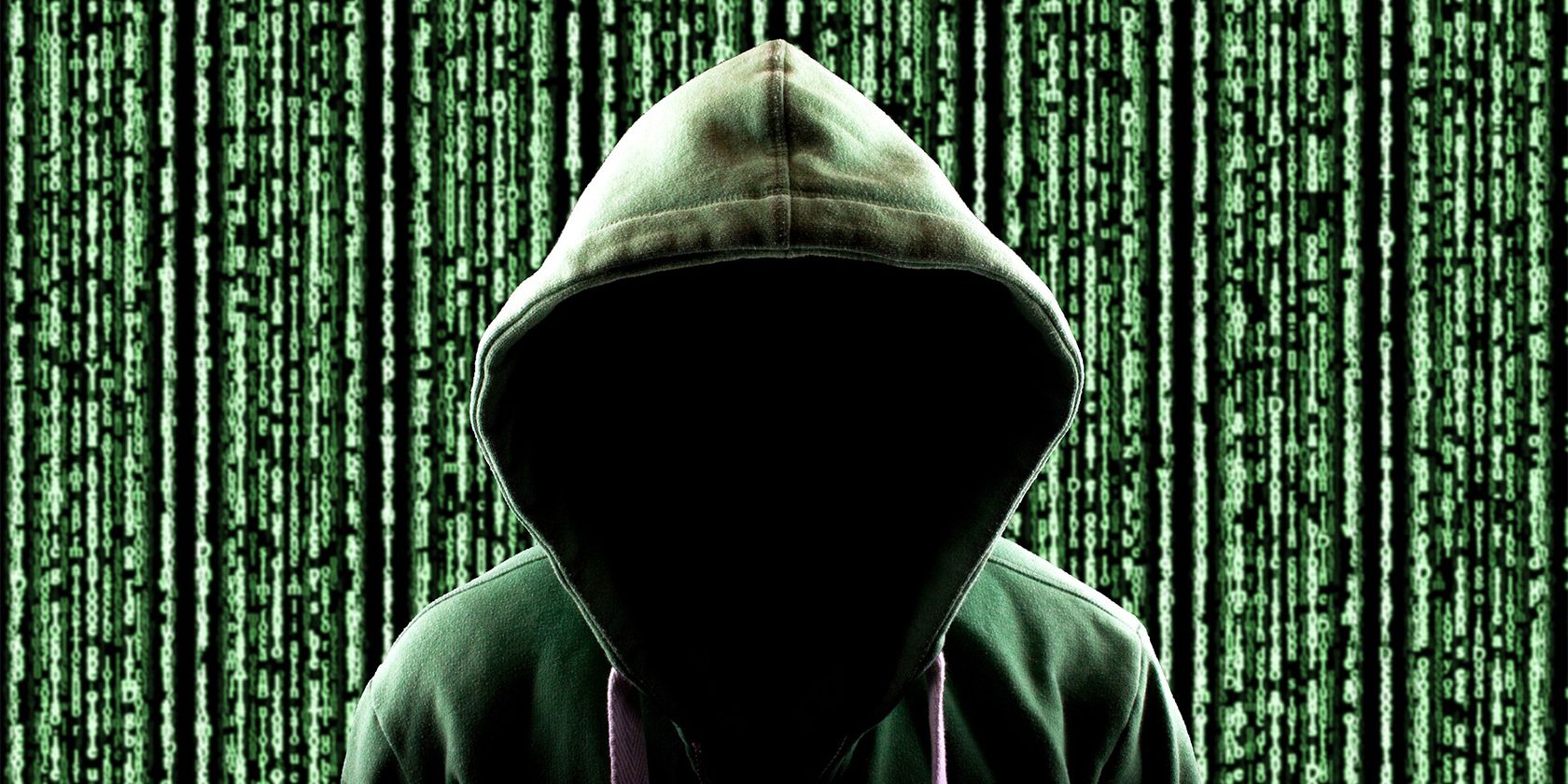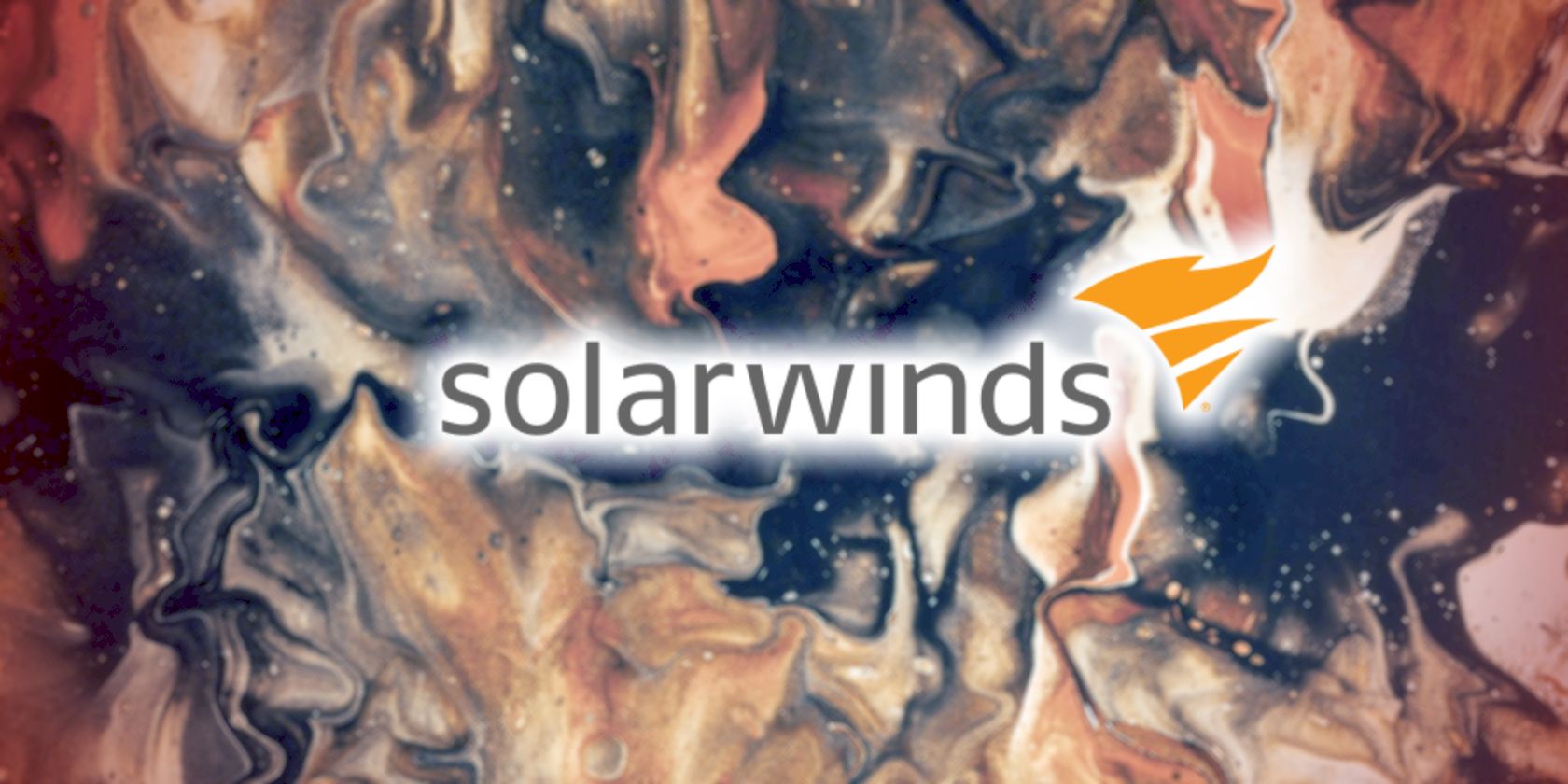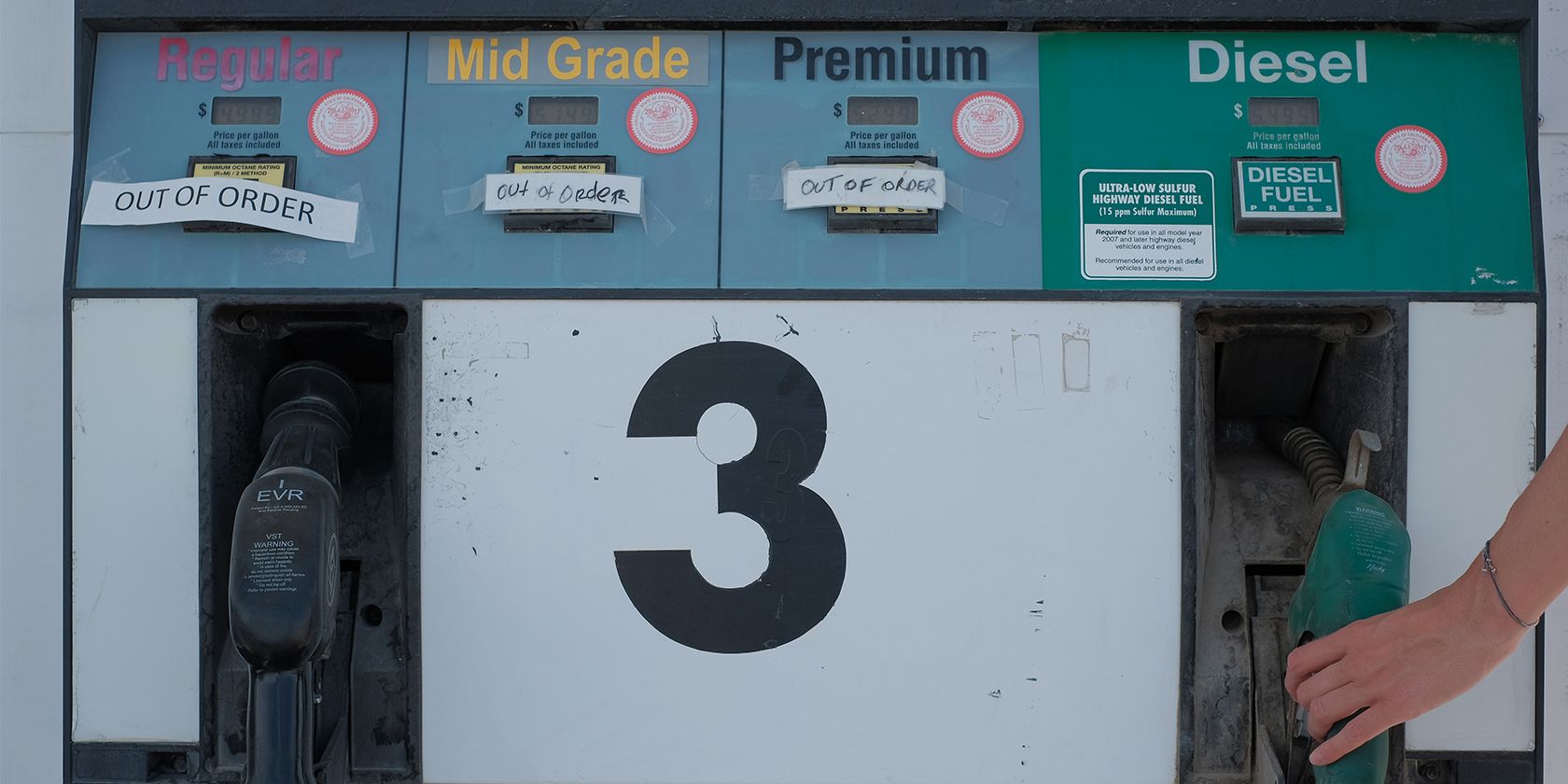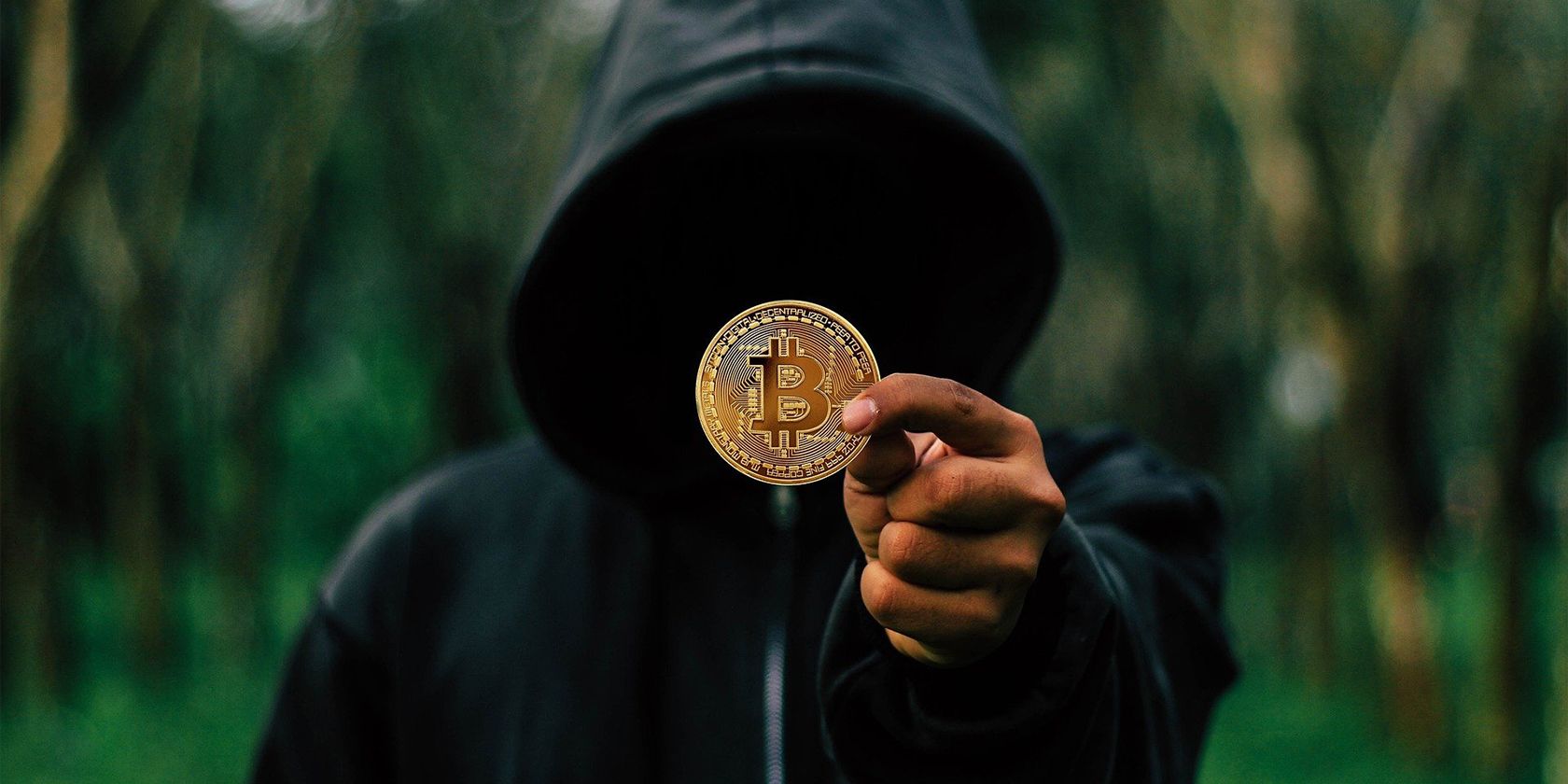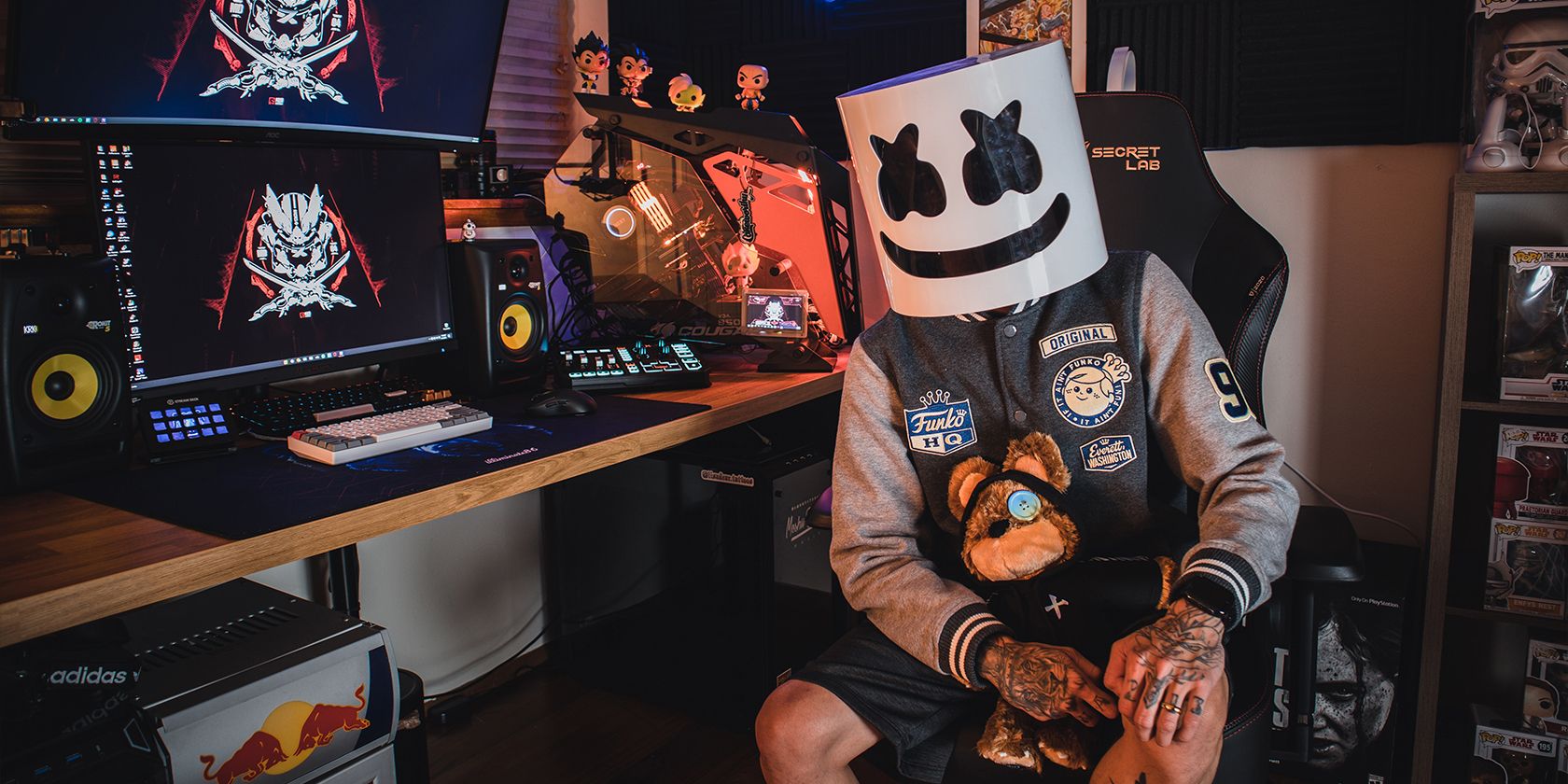As the business and enterprise world increasingly moves into virtual spaces, it becomes more vulnerable to cybercriminals. We no longer live in the age where bank robbers make big money by charging inside financial institutions with their guns blazing.
Instead, they quietly lurk in the online world, looking for opportunities and lunging at their targets with the first sign of weakness. And there are plenty of weaknesses to be found.
So, as the year ends, let's take a look at 2021's biggest attacks and what we've learned from them.
1. SolarWinds
Most consumers aren't familiar with SolarWinds, but it's one of the biggest software providers for enterprises and government agencies. Although the attack was first publicized in late 2020, more victims continued to be announced in 2021.
Several of their clients include government agencies like the Department of Homeland Security, the State Department, the National Nuclear Security Administration, and the Department of Energy, and global private enterprises, like Cisco, Intel, and Microsoft.
The attackers infected SolarWinds' most popular service, Orion, with a backdoor Trojan sent to its customers via a software update. While the hackers gained access to SolarWinds' customers, it doesn't mean they bypassed their target's internal security.
Nevertheless, while Microsoft fended off the attack, other institutions, like the DHS, fell victim to it. This led to Secretary Chad Wolf's email account being accessed, with the government not having any idea how long the hack was ongoing and what information was leaked.
2. Colonial Pipeline
In May 2021, the DarkSide cybercriminal gang attacked the largest pipeline infrastructure owner in the US. This ransomware attack disrupted automotive and aviation fuel supplies across the east coast and the southern United States for almost a week.
The lack of fuel supply resulted in increased pump prices and lines at gas stations, with some motorists filling up their tanks and panic buying gasoline in jerrycans. It even hit Hartsfield-Jackson Atlanta International Airport and Charlotte Douglas International Airport where American Airlines changed some flights from direct to multi-stop due to the shortage.
The company eventually paid a $4.4 million ransom to get service restored, with Colonial Pipeline CEO Joseph Blount saying, "it was the right thing to do for the country."
3. Poly Network
August 2021 saw one of the biggest heists in cryptocurrency history. The decentralized finance platform lost $611 million to a single hack in just one day. One strange twist to this story is that the hacker returned over $260 million of the stolen cryptocurrency soon after.
The attacker then published a Q&A, claiming they found a vulnerability in Poly Network and decided to take action before somebody else did. They also said they're holding the funds for safekeeping while the project teams rectify the issue.
The person behind the attack, named by Poly Network as Mr. White Hat, eventually returned all the stolen funds once the issues they detected were fixed. The platform also promised to grant the hacker a $500,000 bounty for identifying their system's flaws and even offered them the chief security advisor position.
4. Twitch
While corporations dealing in infrastructure, financial institutions, and government agencies are logical targets for cybercriminals, it seems that the entertainment space isn't safe from them either. In October 2021, a 4chan user posted 125GBs of Twitch data to foster more disruption and competition in the online streaming space.
The data included Twitch's history; its source code for mobile, desktop, and console; proprietary functions and services; internal security tools; encrypted passwords; and even creator and streamer payouts for 2019.
This breach means that millions of Twitch users have to change passwords and their login credentials before suffering an account breach. Furthermore, users who reuse their credentials elsewhere must change those, too, as it means they're compromised as well.
No One Is Safe
2021's biggest hacks mainly were about money—ransomware attacks that demanded millions for returning a company's data and control. However, two of these high-profile attacks were driven by different motives. One did it to expose a security vulnerability, while another seemingly because they were dissatisfied with the platform.
Nevertheless, all these attacks show that no one is safe. From giant corporations and the government to finance and entertainment, attacks can happen anytime, anywhere. For most consumers, the best way you can protect yourself is to have unique login credentials everywhere and use two-factor authentication when you can.
When browsing the internet, knowledge is one of the key tools you need to protect against cybercriminals. You reduce your vulnerability by knowing what you should and should not do online.

